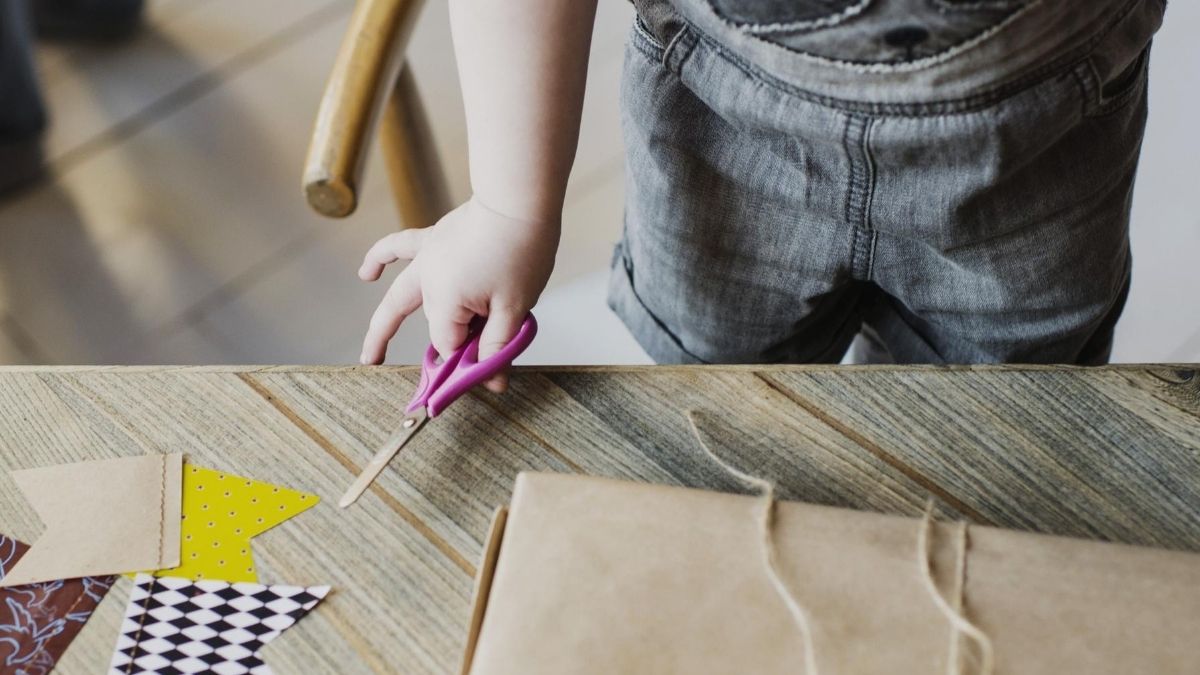Important Skills a Child Should Have to Help Them Succeed

As a single mom, there’s a lot to think about, stress about, and plan for, and that can get pretty overwhelming. Your goal is to raise a happy and healthy child, but doing it all can be so challenging. Suddenly, you second guess all your decisions, trying to figure out whether that thing you did or said was actually the “right thing to do” for your child. Our blogs explore all the different ways to help you gain confidence in your single mom skills, and this is another way to do so.
Below, you’ll find some of the important skills a child should have. From here, you can delve into the different ways to get your child closer to that happy and healthy goal you’re striving for. It’s easy to feel like you’re not doing enough, but as time passes you’ll find that doing your best typically hits the mark. Learn more below!
Changing Their Perspective
This is one of those skills we don’t often think about as parents, but learning to change one's perspective is not something kids tend to learn on their own. Thinking about another child’s or another person’s perspective doesn’t come naturally to most children, but you can help them.
For example, when you’re reading a book together, discuss the character’s feelings and motivations—phrases like, “I wonder why the pig ignored the little hen,” or, “He seemed really sad that he couldn’t get a turn. How would you help him feel better?” Things like this open up your child’s mind to different perspectives!
Emotional Communication
It’s often tough for adults to communicate about their emotions, and that often comes from the fact that, in the past, they didn’t have the opportunity to develop emotional communication. It’s a habit that best begins at a young age; but if your kids are older, don't lose heart. It may take a bit more time and practice, but older kids can definitely learn to effectively communicate their feelings.
To help kids to develop this important skill, simply talk with your kids. Provide them with a safe space - meaning they are comfortable, relaxed, and aren't worried about you having a negative reaction to what they are sharing. Then ask them about their day, their emotions, and their worries. The more you discuss emotions, the more comfortable they’ll be understanding and sharing their own.
Gross and Fine Motor Skills
While your kids will learn gross (using big muscles) and fine motor skills (using small muscles) at school, and as they grow up in general, there are ways that you, as a parent, can help your child develop these skills. Kids who can effectively use their bodies feel strong, confident, and capable; and are much less prone to injury.
Resilience and Perseverance
Resilience and perseverance are essential skills for children to have. The ability to take on challenges, bounce back from failure, and keep on trying regardless of the obstacles that arise will help your child succeed. Encourage your child to experiment, try new things, and accept a bit of risk. Focus on and acknowledge your child for her effort, rather than overemphasizing her achievement, and celebrate the hurdles she has conquered.













